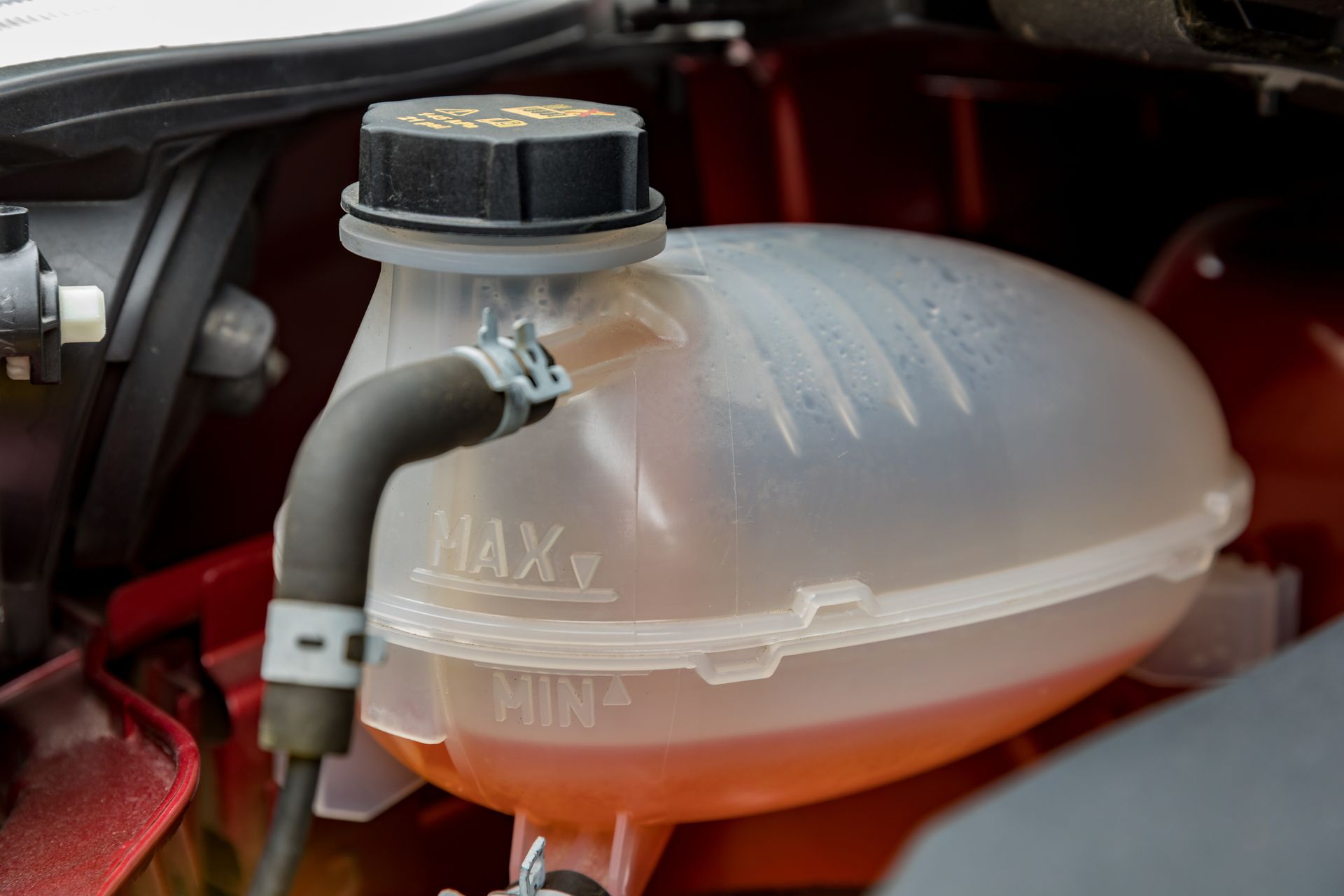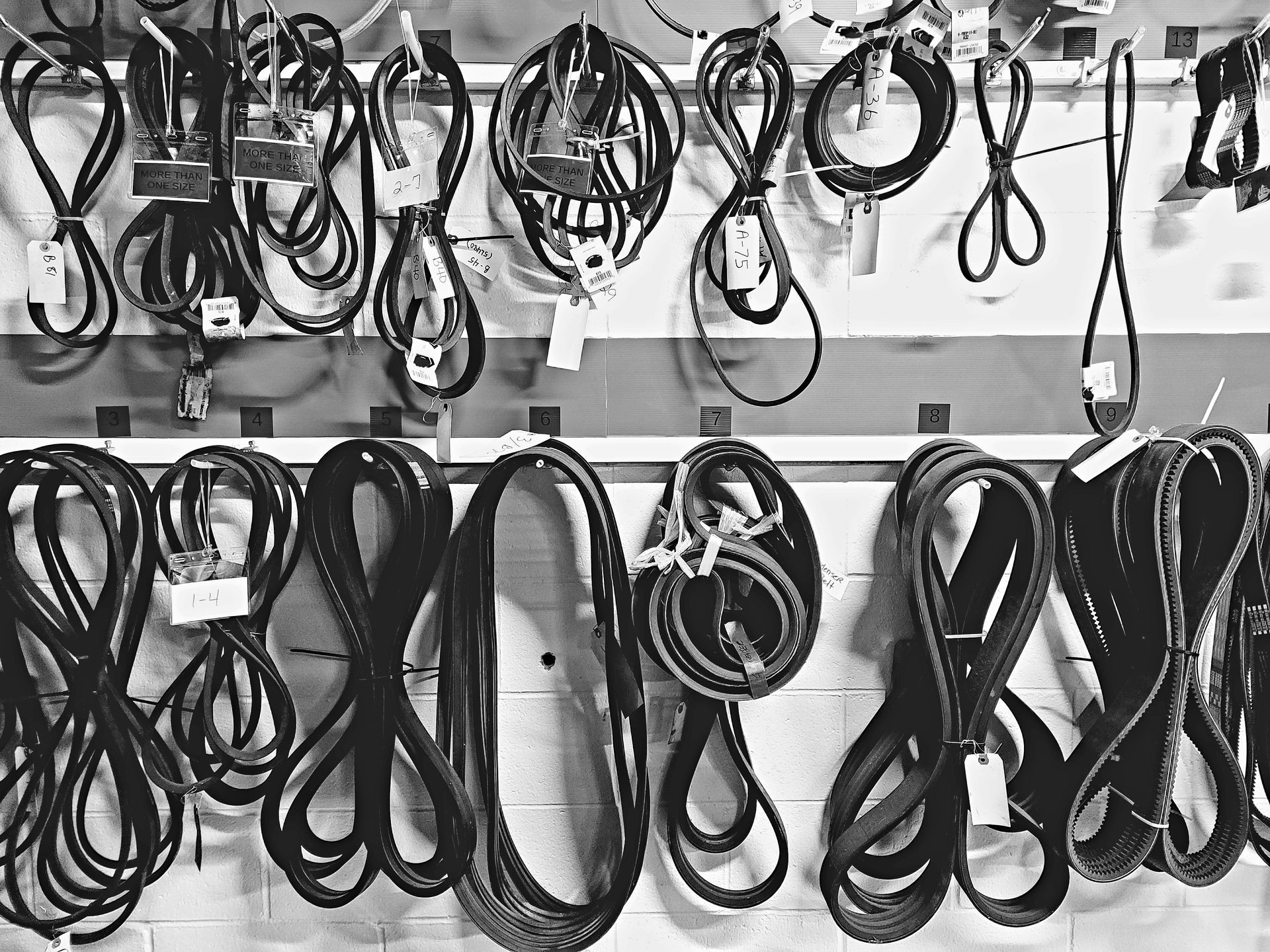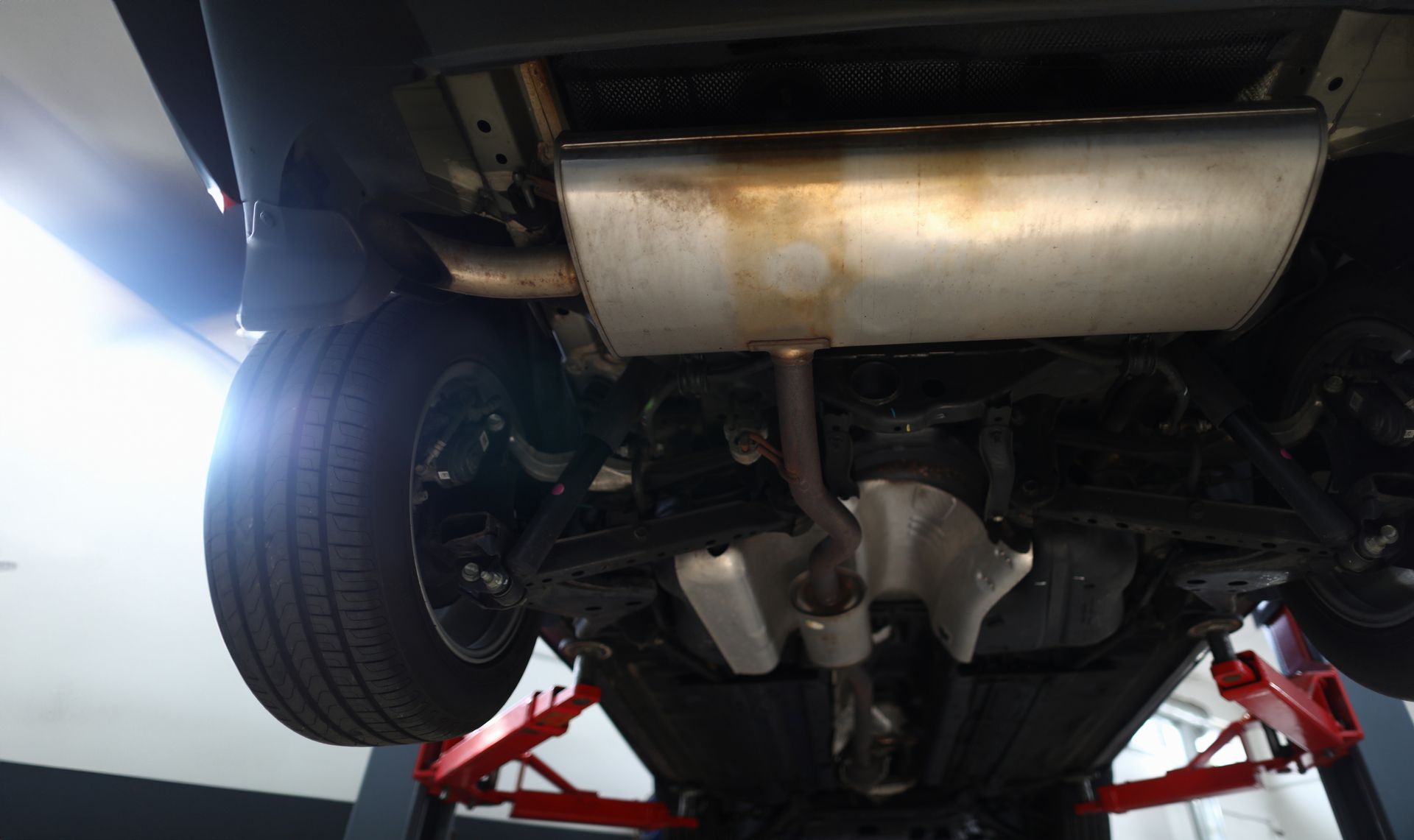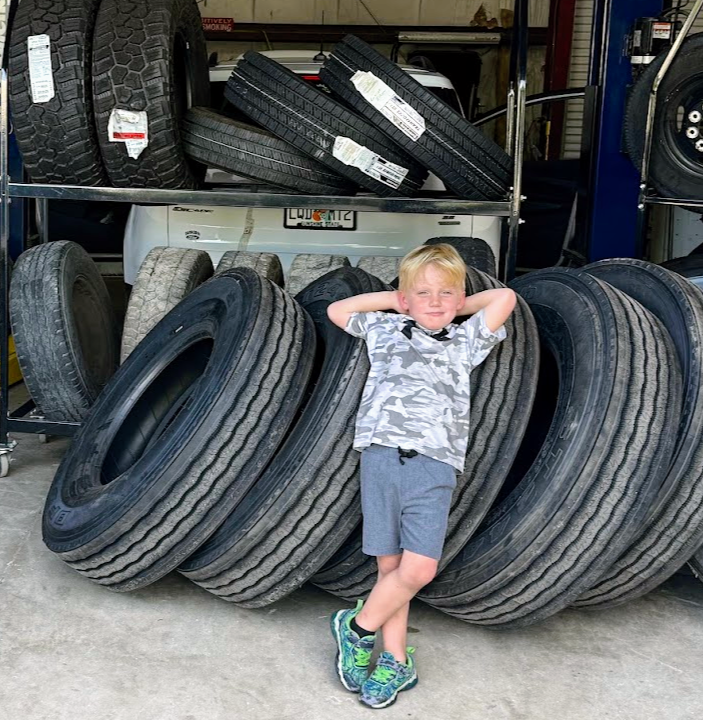As the winter season comes to an end and the temperatures start to rise, it’s crucial to pay special attention to your vehicle’s radiator. Your radiator plays a vital role in maintaining the optimal operating temperature of your engine , especially during the colder months. In this article, we will discuss why your radiator needs extra care and attention after winter to ensure the longevity and performance of your vehicle.
Importance of Radiator Maintenance
Your radiator is responsible for keeping your engine cool by circulating coolant through the engine block to absorb and dissipate excess heat. During the winter, your radiator works hard to prevent your engine from freezing in the cold temperatures. As a result, your radiator may accumulate debris, dirt, and contaminants that can impede its efficiency.
Signs That Your Radiator Needs Attention
After the winter season, it’s essential to look out for signs that indicate your radiator needs maintenance:
- Overheating: If your vehicle is consistently running hot, it could be a sign that your radiator is not functioning correctly.
- Coolant Leaks: Puddles of coolant under your vehicle can indicate a leak in the radiator or hoses.
- Discolored Coolant: If the coolant appears rusty or discolored, it may be time for a flush and replacement.
- Low Coolant Levels: Keep an eye on your coolant levels and top it off if it is consistently low.
Steps for Radiator Maintenance After Winter
To ensure your radiator is in optimal condition after the winter season, follow these steps:
- Inspect the Radiator: Check for any visible damage, leaks, or buildup on the radiator and hoses.
- Flush the Cooling System : Over time, coolant can become contaminated and lose its effectiveness. A cooling system flush will remove old coolant and debris.
- Top Off Coolant: Make sure the coolant level is at the recommended level and mix coolant with water according to the manufacturer’s guidelines.
- Check Hoses and Belts: Inspect radiator hoses and belts for any signs of wear or damage and replace if necessary.
- Clean the Exterior: Remove any debris, leaves, or dirt that may have accumulated on the radiator fins to ensure proper airflow.
Benefits of Post-Winter Radiator Care
Taking the time to perform maintenance on your radiator after winter offers several benefits:
- Prevents Costly Repairs: Regular maintenance can help identify issues early on, preventing more extensive and expensive repairs down the line.
- Improves Engine Performance: A well-maintained radiator ensures your engine operates at the right temperature, improving overall performance and fuel efficiency.
- Extends Lifespan of the Radiator: By keeping your radiator clean and free of contaminants, you can extend its lifespan and avoid premature failure.
Final Thoughts
Your radiator is a critical component of your vehicle’s cooling system, and it requires extra attention and care after the winter season. By following the steps outlined in this article and staying vigilant for signs of radiator issues, you can ensure your radiator functions optimally, prolonging the life of your vehicle and avoiding costly repairs. Remember, regular maintenance is key to keeping your radiator–and your vehicle–in top condition.












